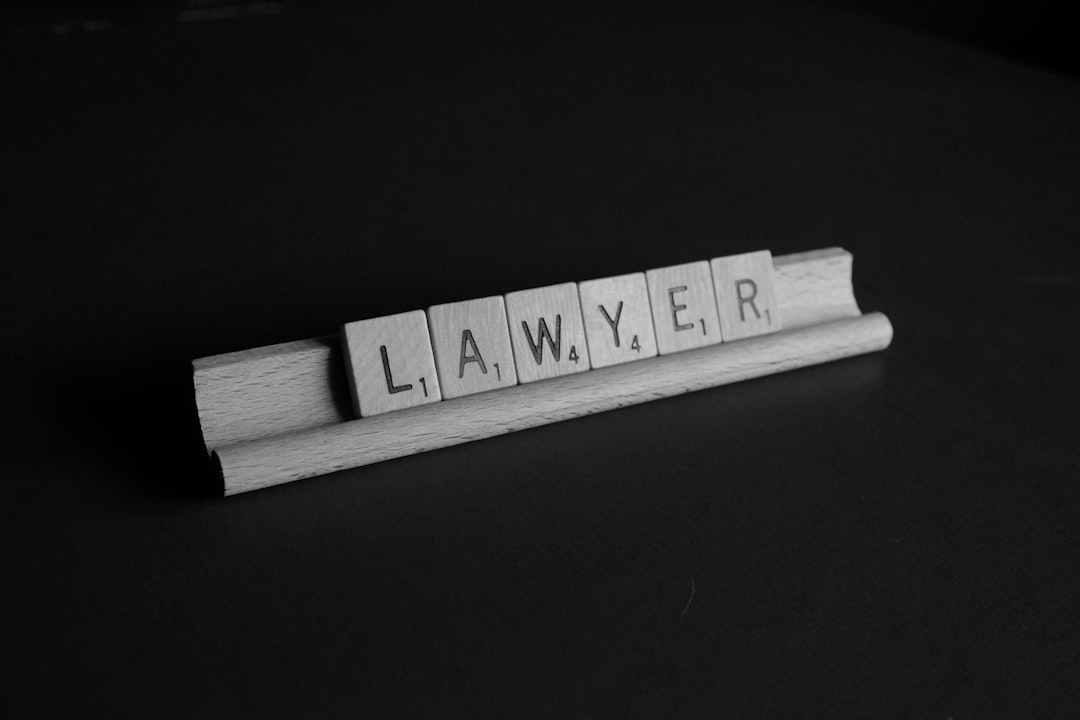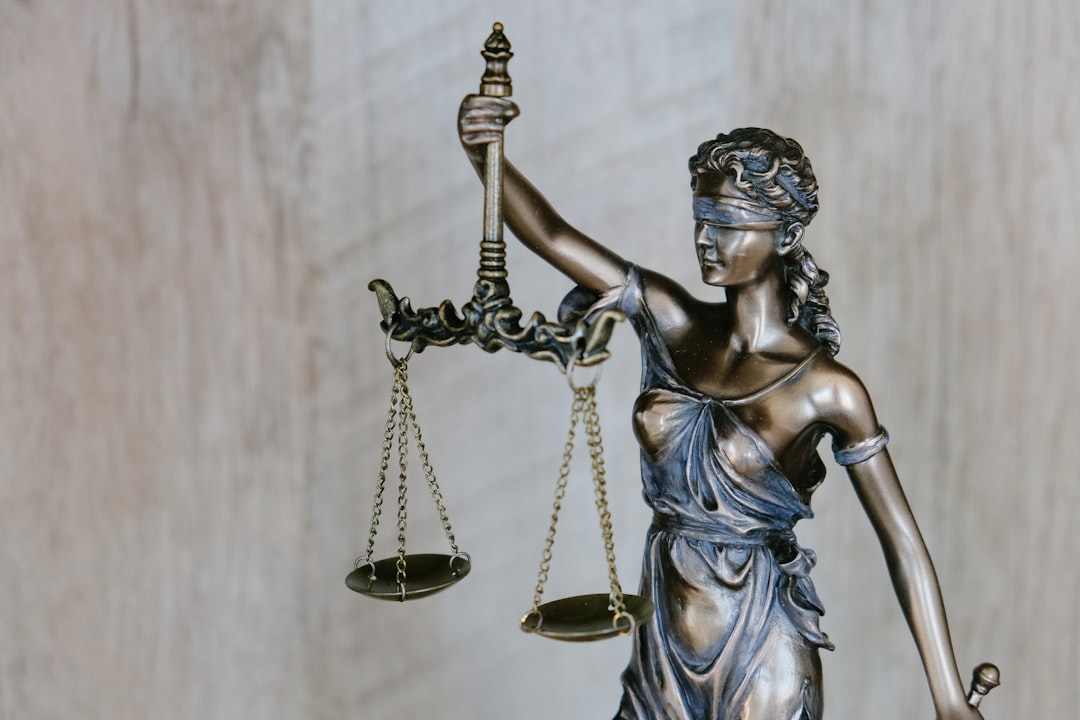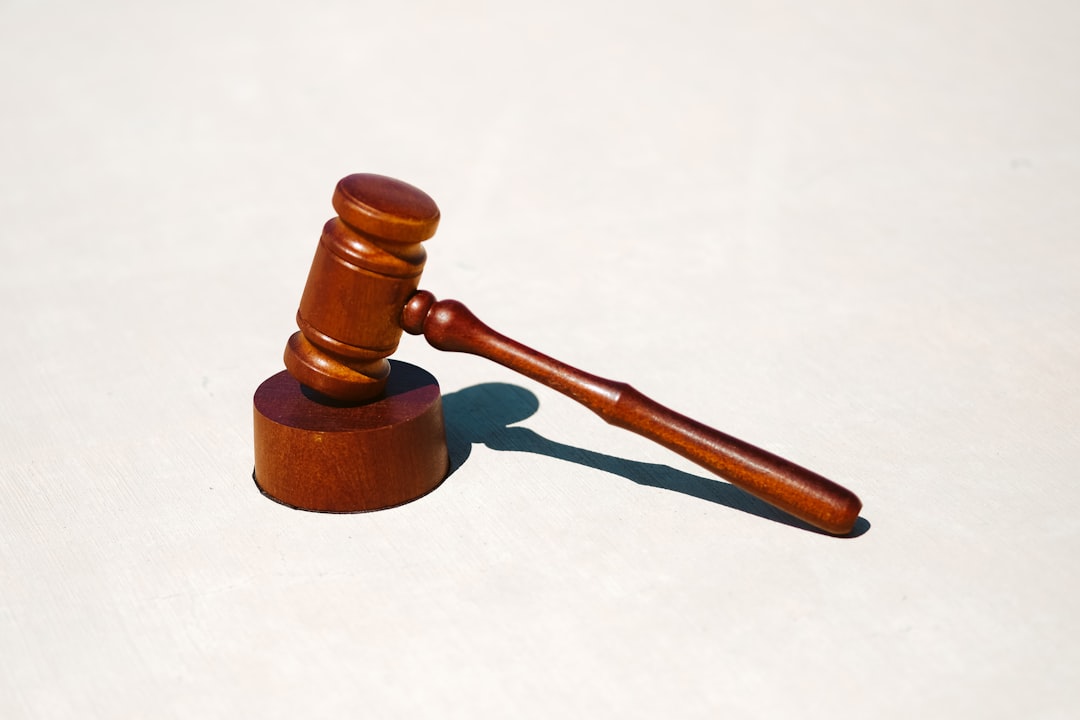In Ohio, jury selection for sexual abuse cases is a structured, bias-mitigation process guided by sexual assault lawyers. These experts navigate complex legal terrain, ensuring fair trials through competent representation, handling sensitive evidence, and countering defense strategies. The ultimate goal is an unbiased jury evaluating evidence – physical, medical, forensic, witness testimonies – to reach just verdicts, emphasizing the vital role of skilled legal counsel in Ohio sexual assault cases.
In Ohio courts, juries play a crucial role in deciding sexual abuse cases. This article delves into the intricate processes that shape these verdicts, focusing on understanding the jury selection process unique to Ohio’s sexual abuse trials. We explore how evidence and testimonies influence decision-making, highlighting the expertise required from sexual assault lawyers navigating these complex cases. Additionally, we discuss legal considerations and potential challenges faced by these specialists in Ohio courts.
Understanding the Jury Selection Process in Ohio Sexual Abuse Cases
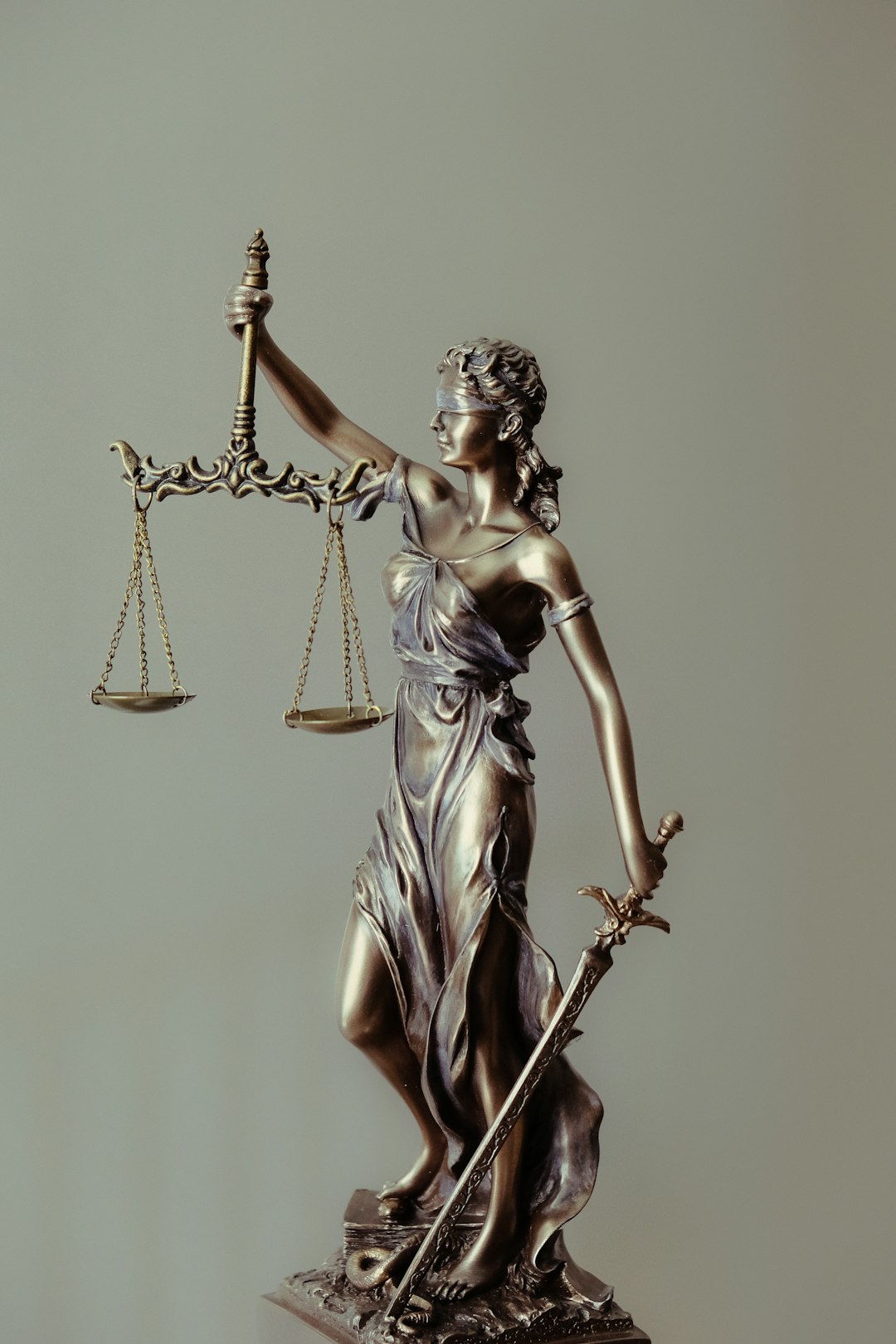
In Ohio courts, the jury selection process in sexual abuse cases is meticulously designed to ensure fairness and impartiality. This involves a series of steps where potential jurors are rigorously evaluated to identify any biases or prejudices that could influence their decision-making. Sexual assault lawyers in Ohio play a crucial role here, as they have expertise in guiding clients through this process, ensuring their rights are protected. The first step includes questioning by both attorneys and the judge to uncover any preconceived notions or experiences related to sexual abuse cases.
This initial screening is followed by challenges where each party can exclude certain jurors for cause, based on specific criteria like personal knowledge of the case or inability to remain neutral. Peremptory challenges also allow lawyers to dismiss jurors without providing a reason, but there are limitations to prevent discrimination. The goal is to seat a jury composed of individuals who can approach the case objectively, considering only the evidence presented during the trial.
The Role of Evidence and Testimonies in Decision-Making
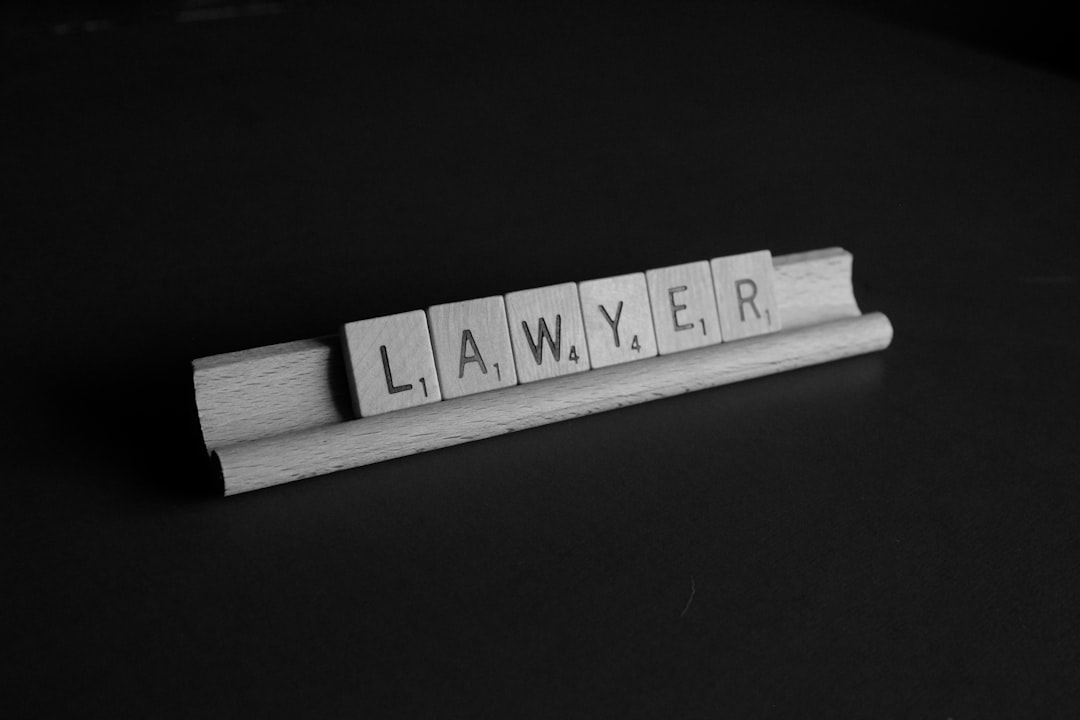
In sexual abuse cases, juries play a pivotal role in delivering justice. The process involves sifting through complex and often sensitive information. Key decision-makers, jurors rely heavily on evidence presented during trials to reach verdicts. This includes physical evidence, medical records, forensic reports, and witness testimonies. Sexual assault lawyers in Ohio play a crucial part here, ensuring that all relevant information is accurately represented and interpreted.
Testimonies from victims and experts are particularly weighty. The former provides firsthand accounts of the traumatic events, while the latter offer insights into medical or psychological aspects. Juries must carefully consider these to determine guilt or innocence. This delicate balance requires profound sensitivity and an unwavering commitment to fairness, emphasizing the importance of competent legal representation by sexual assault lawyers in Ohio courts.
Legal Considerations and Potential Challenges for Sexual Assault Lawyers in Ohio Courts
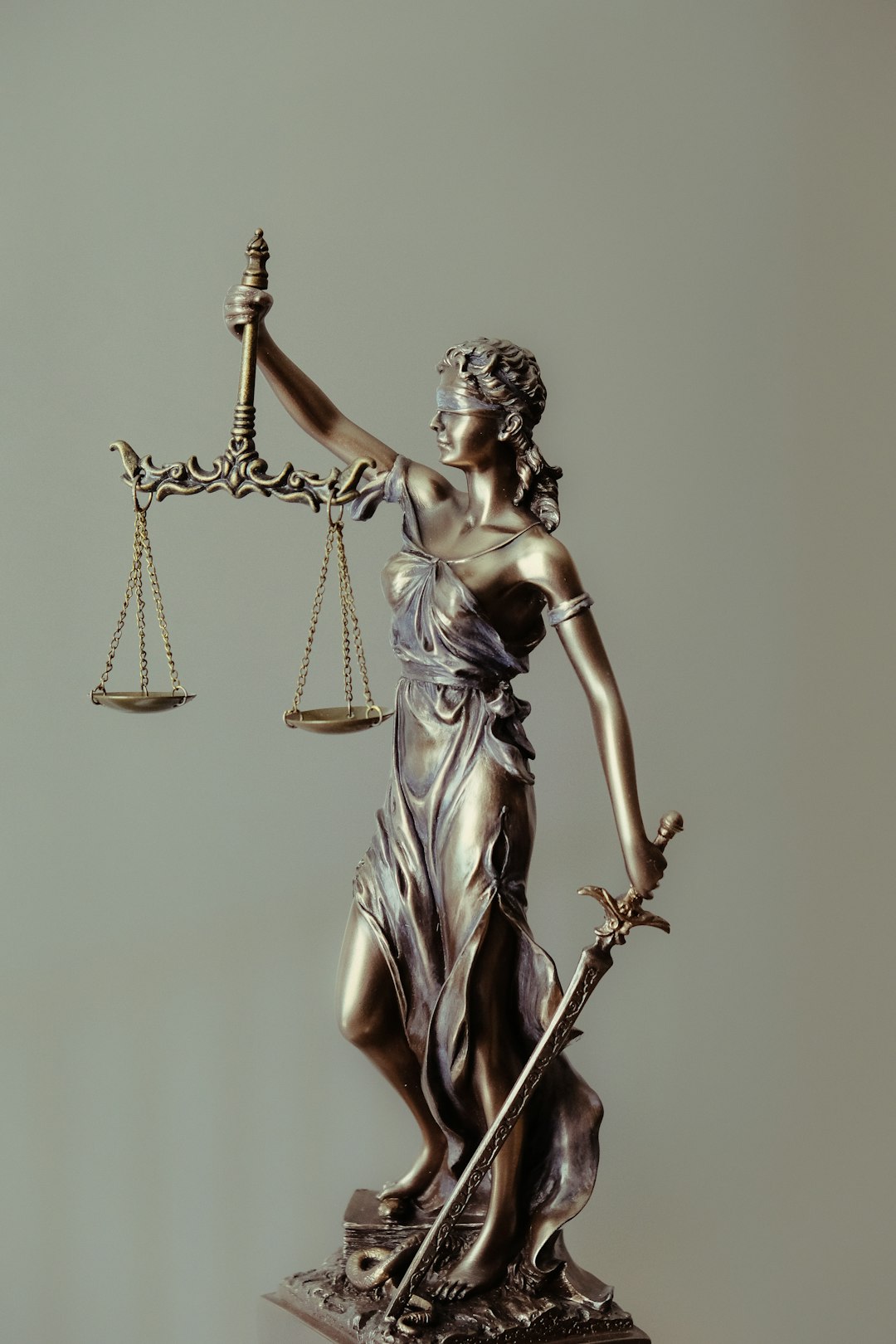
In Ohio courts, sexual assault cases often present unique legal considerations and challenges for both plaintiffs and defendants alike. Sexual assault lawyers in Ohio must navigate complex laws and regulations that govern such cases, ensuring they meet stringent evidentiary standards. The burden of proof lies heavily on prosecutors, requiring compelling evidence to secure a conviction. This includes medical records, witness testimonies, and any digital or physical evidence that can corroborate the victim’s story.
One significant challenge for sexual assault lawyers is addressing the potential for prejudice and bias among jurors. Given the sensitive nature of these cases, lawyers must carefully strategize to present their client’s narrative objectively. They must also counter defense arguments that often focus on discrediting the victim or questioning the circumstances surrounding the incident. Effective advocacy in Ohio courts demands a deep understanding of legal precedents and the ability to adapt strategies to overcome potential challenges unique to each case.
